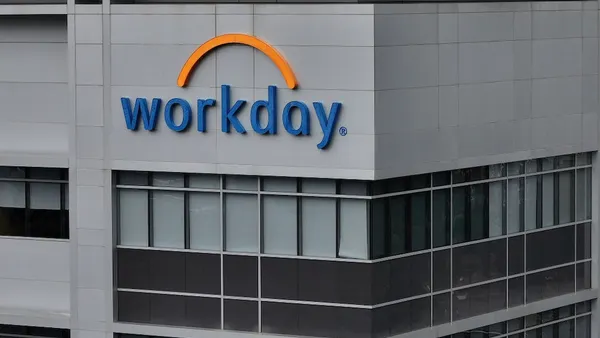Dive Brief:
- On average, 6% of American hourly workers arrive late to work, according to a new study by Deputy, a workforce management software platform. The findings are based on a 12-month (March 2018 to March 2019) analysis of 1.2 million global work shifts.
- Gen Z was the most likely of all generations to be late for work, with baby boomers being the least tardy. The tardiest hourly shift workers were in Illinois, and the most punctual were in California, the study found; and punctuality declined toward the end of the week, especially on Friday.
- "It may not seem like a critical issue when employees run slightly late but over time it all adds up and can have serious repercussions for the business, the employee and other team members left to cover for their colleagues," said Ashik Ahmed, Deputy’s co-founder and CEO, in a statement.
Dive Insight:
That 6% figure is smaller than Steven Power, global president of Deputy, expected it to be, he told HR Dive in an interview. A 2018 CareerBuilder study found that American workers are less tardy than they used to be, but that 25% still admit struggling to get to work on time. Occasional tardiness might not seem problematic, but it can have a negative impact on teamwork, productivity and customer service in the long run.
Like any performance issue, managers can ask employees about tardiness and, as Americans with Disabilities Act experts often recommend, whether there's anything the employer can do to help. After that, experts say employers should maintain strong documentation about problems and feedback, and enforce workplace policies consistently.
Power, however, said he believes "scheduling is broken." Managers are often left in the lurch by sudden absences, leading some to turn to tech. Walmart, for example, created an app that lets hourly employees swap, request and find work shifts. The retailer said it developed the app to cut down on no-shows and scheduling conflicts. The app can also help hourly workers find balance between work and personal obligations by giving them more control over their schedules.
"Economically, it is actually getting harder to retain hourly workers," Power said. To that end, employers of hourly workers that can provide more flexible scheduling may see success in the market.











